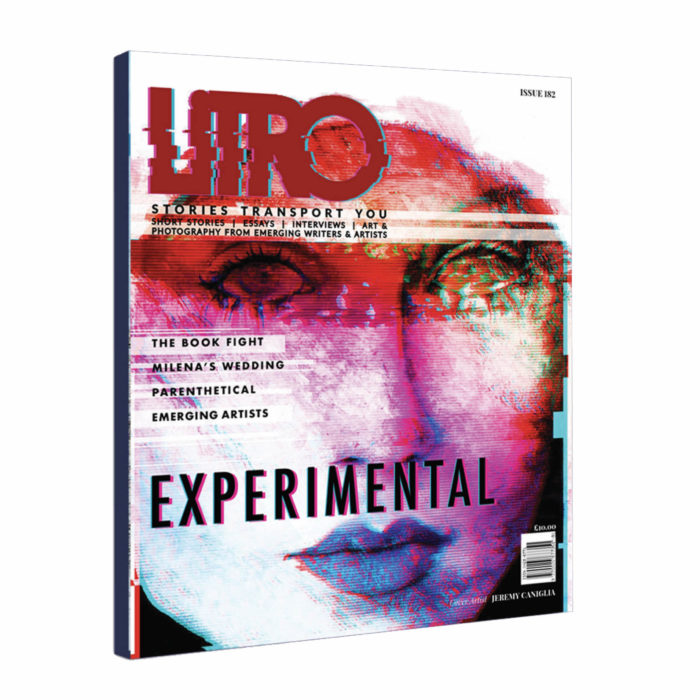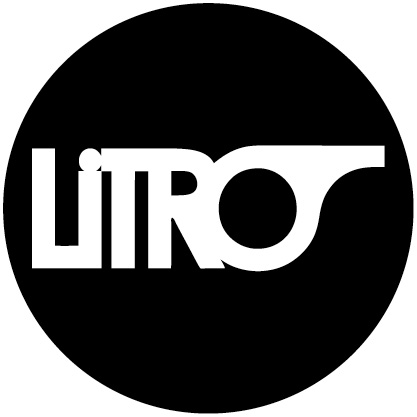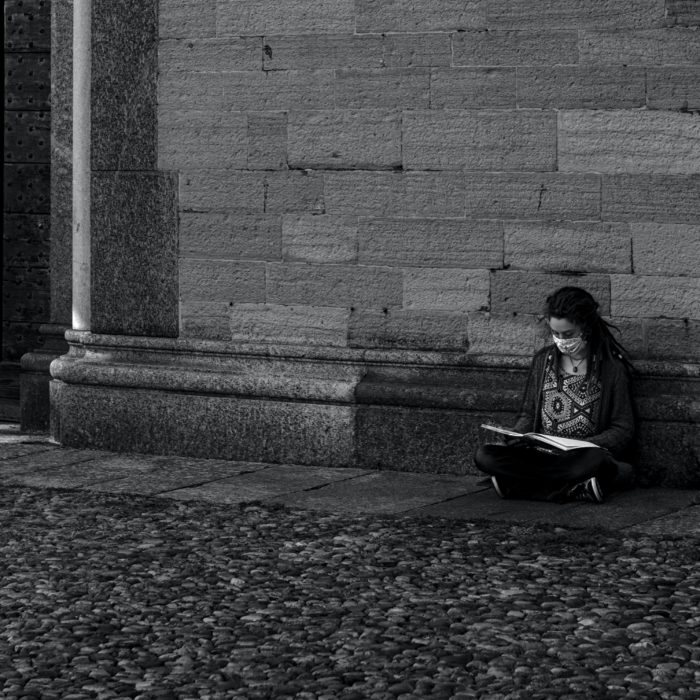You have no items in your cart. Want to get some nice things?
Go shoppingOi. Litro has a bit of a backlog of post-worthy material—a backblog, if you will. But rather than let these items slip away from us unacknowledged, here’s what I’ll do: I’ll bring you a round-up of all the week’s reviews and literary news worthy, in my humble opinion, of your attention. I’ll uphold my end of the bargain by blogging in depth as often as I can. You uphold your end of the bargain by sending me money, thus eliminating my need for a day job and giving me more time in which to blog in depth. Everybody wins! Deal?
In case you missed it…
- Are video games the future of reading? Choice quote from an 18-year-old gamer: “You can’t say: ‘I charge you to a reading duel. Go!'” Au contraire, Derek dear. I stand before you a living contradiction of that sentiment. Let me tell you about the wild sleepover parties of my grammar school years: once the hostess’s parents had turned in for the night, we’d each eat a bag of marshmallows, make a few prank phone calls and then settle in for a reading duel. Who could finish the latest book in the Sweet Valley Twins or Babysitter’s Club series first? It was intensely competitive. So, use your imagination, Derek. Youth today.
- Reports of the spinsterhood of Emily Dickinson—she of the well-placed dash; in truth, I favour a well-placed dash myself—may have been greatly exaggerated.
- Mick Imlah awarded the £10,000 Forward prize for his poetry collection The Lost Leader. No need to buy him a present for National Poetry Day then.
- The Swedish Academy’s permanent secretary Horace Engdahl proves remarkably prescient in his dismissal, a week before the awarding of the Nobel prize in literature, of U.S. literature and his proclamation of Europe as the “centre of the literary world“: the prize goes to Frenchman Jean-Marie Gustave Le Clezio.
- Finally, a topic even nearer and dearer to Litro’s heart: if you aren’t already familiar with Alice Munro’s work, please do yourself a favour and read Margaret Atwood’s essay on Alice Munro and then go pick up a book of the latter’s short stories. Noting the “widespread but false tendency to equate length with importance”, Atwood explores the strange state of affairs whereby Munro, a regular New Yorker contributor and probably the most acclaimed living writer of English-language short fiction, remains something of an “undiscovered” author among even the most well-read of the literary world. And I find that a damned shame.
By Julie Palmer-Hoffman





